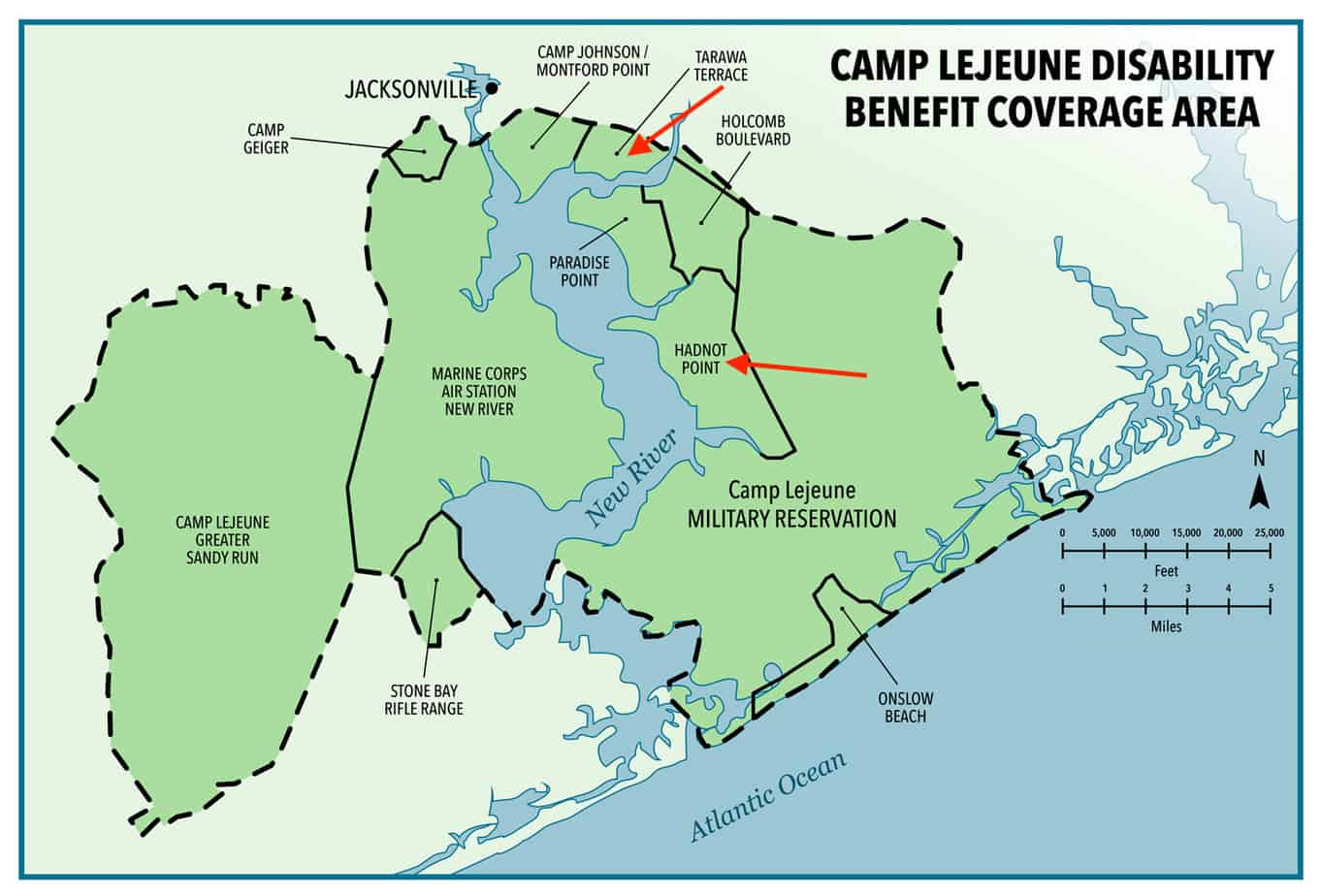UK regulators took action on esports and social casino gaming, with the UK Gambling Commission issuing a position paper on the industry. The paper outlines how the Gambling Commission will regulate esports during tournaments and gambling.
The paper is the final position after an August 2016 consultation on the matter.
The paper’s top takeaway is that the UK Gambling Commission will take a proactive approach to eSports regulation with the same effort when handling gambling activities. The position paper states: “Applying the existing regulatory framework allows for proportionate control of the risks associated with betting on eSports.“
as defined in the paper, eSports is not new, but the industry’s commercialization is unique. The paper states that 8.5% of adults have bet on eSports, with 88% of betters betting with real money. The expanding range and volume indicate potential future growth.
Betting odds for winning in the industry’s top game, DOTA 2, were revealed, with Evil Geniuses favored to win in a 225 line. One of twelve teams to make it to the championship, OG has a -105 line to make it to the finals.
The commission will work to regulate unlicensed gambling in eSports and identify and locate operators and the sources of payment used in the illegal gambling of eSports. In addition, advertising methods for such events will further be researched while the commission also analyzes the risk of harm to children in gambling.
According to the paper, zero-tolerance approaches to small-scale markets are discussed and seen as impractical.
The commission will discuss the matter with the video game industry to help develop long-term, practical solutions to control eSports as it grows. The commission worked with the industry in 2016 and planned to continue its efforts.
The UK Gambling Commission will view in-game items and currencies – sold, traded, won, or exchanged for items of value or cash – as money or said equivalent. The legal question surrounding participation in a game for a prize and whether or not it will require a gambling license has yet to be determined.
Underage gambling risks remain the commission’s biggest concern. The commission believes existing regulations can regulate the industry sufficiently. Existing controls are in place to protect children, who are at a higher risk of betting with video games, from gambling harm.
License holders must conduct age verification checks and take appropriate measures to prevent underage gambling in the industry. Section 5 of the Code of Practice in LCCP further specifies rules for marketing to and with children.








